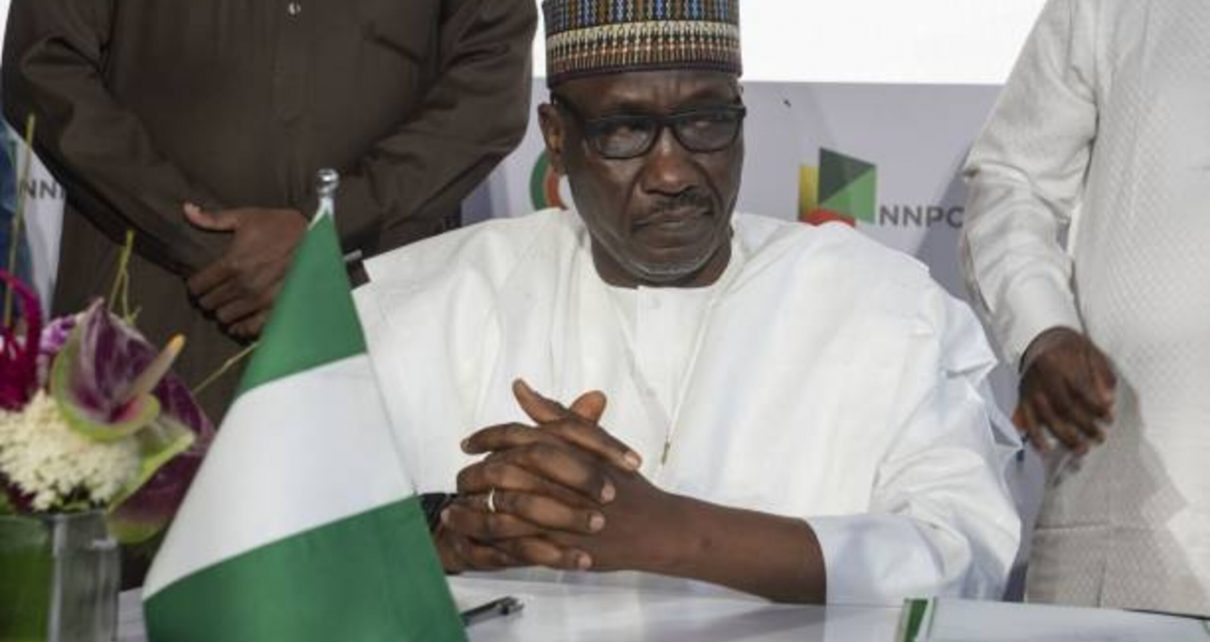Nigeria’s daily oil and condensate production has surged to 1.67 million barrels, marking a notable increase from the approximately one million barrels per day recorded just a few months ago. Mele Kyari, the Group Chief Executive of the state-owned Nigerian National Petroleum Corporation (NNPC), recently revealed that this transformation is due to increased security measures in the oil-rich Niger Delta region.
Kyari acknowledged President Bola Tinubu’s pivotal role in revamping the nation’s security approach, stating, “We’ve already seen very significant changes in our production environment.”
The National Bureau of Statistics reported that Africa’s leading oil producer averaged a daily oil output of 1.22 million barrels per day in the second quarter of 2023, underscoring the positive impact of these security improvements.
Nigeria has grappled with large-scale oil theft from pipelines and wells, which has severely hampered its oil production and exports in recent years. This has taken a toll on the country’s finances and presented one of President Tinubu’s most significant challenges.
In the midst of these challenges, President Tinubu has initiated bold reforms, including the removal of a costly but popular petrol subsidy that had incurred a $10 billion cost to the nation last year. Furthermore, under Tinubu’s leadership, the central bank has lifted restrictions on foreign exchange trading.
Kyari shed light on the financial implications of the subsidy removal, stating that, given today’s market conditions, Nigeria would have been spending approximately 1 trillion naira ($1.3 billion) monthly on the subsidy. He also noted that petrol consumption has decreased by 30%, with a consumption rate of 46 million litres post-subsidy removal. This has led to a decline in foreign exchange demand for petrol imports.
“We simply don’t have those resources anymore. We’re not just saving money; we’re also facing the realities of what we can afford,” Kyari emphasised.
Despite these positive developments in the oil sector, Nigeria’s overall economic growth has been sluggish, with a second-quarter growth rate of 2.51%. The oil sector, which constitutes a significant portion of government revenue and 90% of foreign exchange reserves, contracted by 13.43% during the same period. This underlines the long-standing challenges of underinvestment, crude oil theft, and pipeline vandalism that continue to impact Nigeria’s economic performance.


